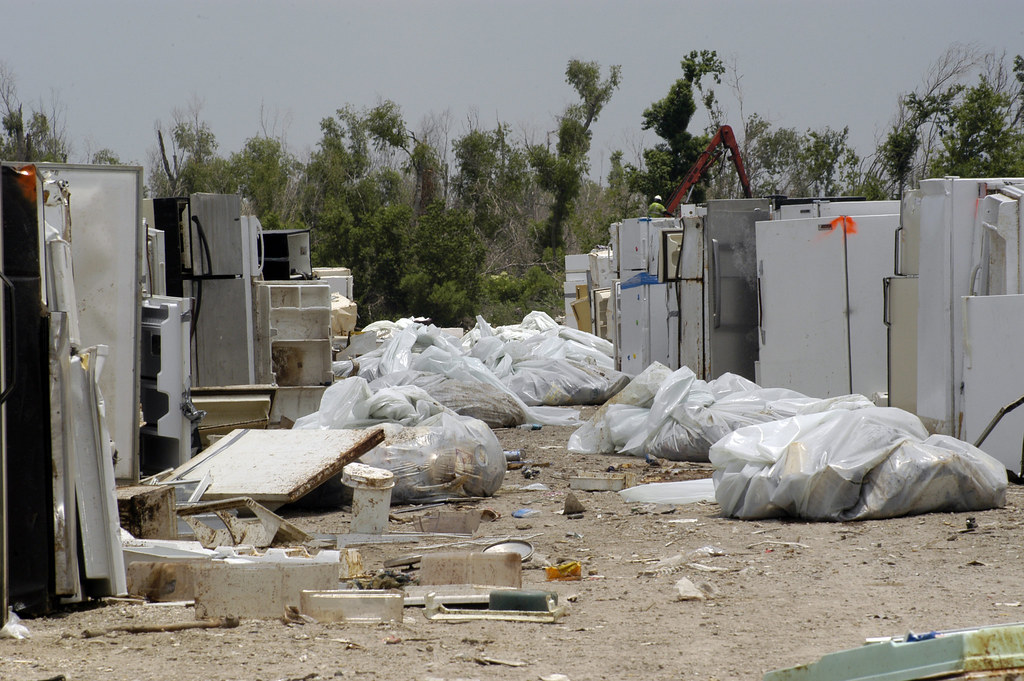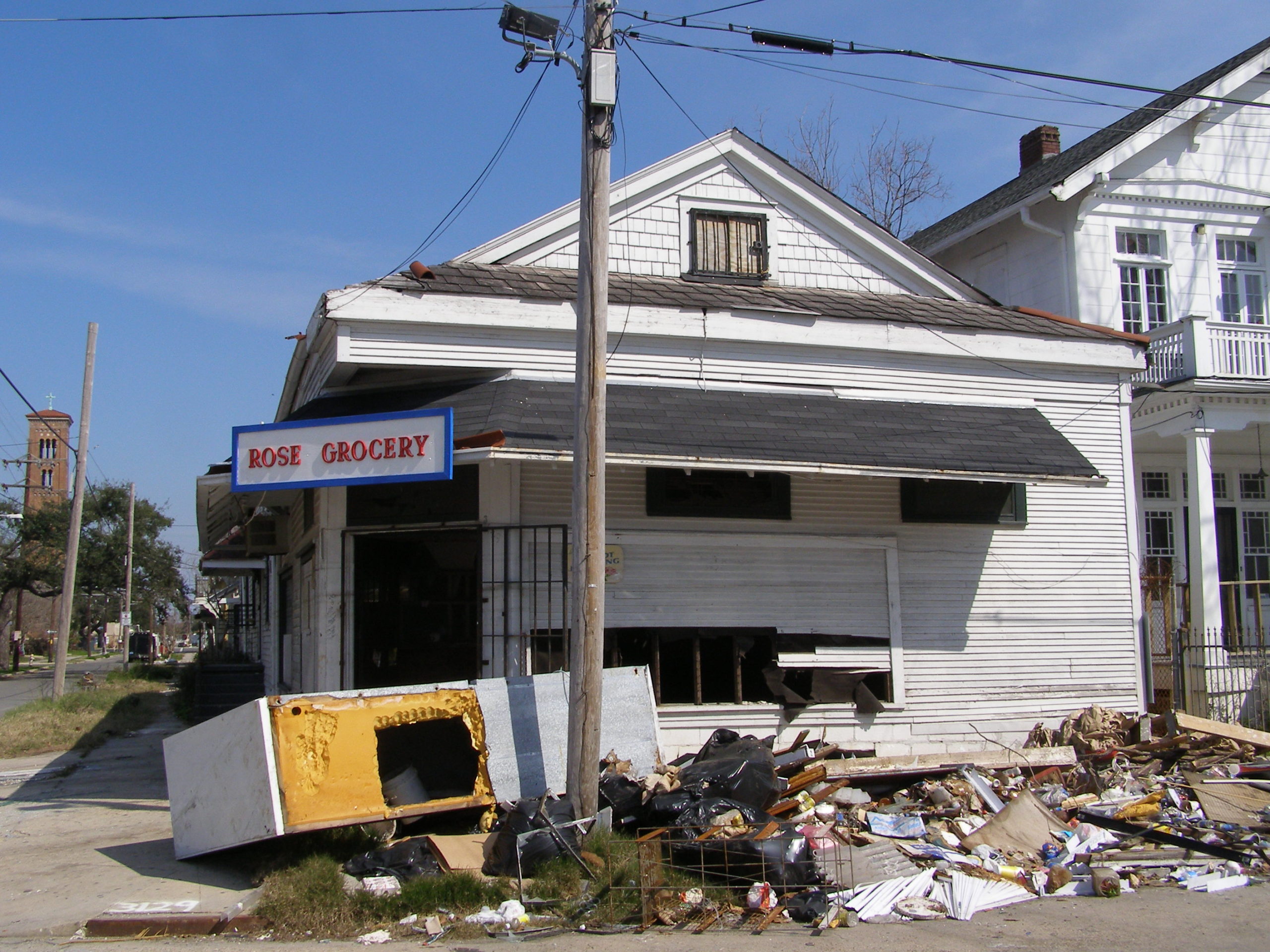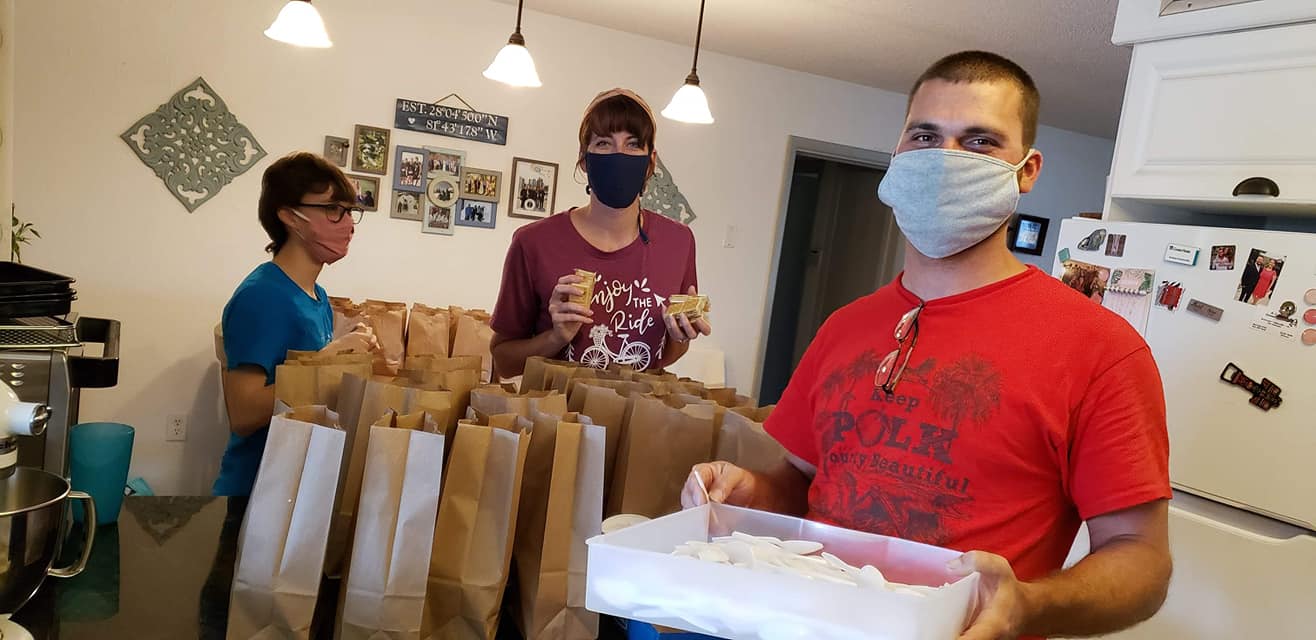
Hurricane Season To Exacerbate Food Insecurity
By GO HumanityJune 1 marked the official start of hurricane season. When hurricanes hit they can demolish homes, devastate communities and displace people. In most cases electricity is cut, and keeping food fresh is impossible. Food insecurity is a significant dilemma that always emanates in the event of a disaster like a hurricane.
An estimated seven million individuals impacted by Hurricane Harvey in 2017 were considered to be food insecure.
Food insecurity is defined as “the state of being without reliable access to a sufficient quantity of affordable, nutritious food.” Not having enough quality food to eat is associated with many poor health outcomes.
Natural disasters can interfere with our ability to transport food. Inundating rains damage roads. Food prices rise as a result of the increased price of inputs, which rise as a result of transportation challenges.
In addition to this disruption to food supply chains, communities may experience closure of damaged food stores. Hurricane Katrina severely damaged the city’s food retail market infrastructure, reducing the number of grocery stores in the city and critically cutting off access to fresh food. During Hurricane Sandy five million people lived without electricity and experienced spoiling of food.

Corner grocery store in Hurricane Katrina-damaged New Orleans (photo by Karen Apricot)
Food lost due to disaster isn’t typically replaced. FEMA’s website states that “Food loss is not covered by FEMA’s Individual and Households Program (IHP). Voluntary organizations in the disaster area may be able to help you with food needs.”
Who experiences food insecurity when disaster strikes?
Disasters like hurricanes increase food insecurity among individuals who experience a change in their life circumstances. Changes in financial obligations, household composition, and housing stability are all typical consequences of disasters like hurricanes. Food insecurity is an inevitable consequence of these complications.
Deep inequalities make it much harder for some households to recover resources like food.
Food insecurity is already higher than the national average for households with children, headed by a single adult, with low income, in rural or urban areas, for minorities, and those residing in the South. People living on the cusp of food insecurity may be pushed into insecurity due to catastrophe like a hurricane.
The same groups at increased risk for food insecurity often also experience increased risk for disaster exposure.
Hurricane Katrina showed us that being female, having poor physical and mental health, and having low social support are risk factors for food insecurity during long-term disaster recovery. Many single mothers struggle significantly.
Race, ethnicity, disability, and functional and access needs contribute to decreased disaster preparedness and probable food insecurity, too.
In the wake of hurricanes, resources are lost, including personal property and neighborhood-based resources due to relocation. It’s not surprising the odds of food insecurity escalate.
As hurricane-ravaged communities begin their rebuilding process, food banks and anti-hunger advocates work to feed people in need.
What our Food Security Project Teams are Doing
Our Food Security Project’s teams in hurricane-prone Texas and Florida are working on food insecurity, and with our support, they hope to be prepared for possible storms.
Austin Humanists At Work is doing food giveaways once a month in Downtown Austin. They hand out daylong bus passes to unsheltered clients, discuss how to find and help people living in secluded wooded areas, and pack bags full of food and personal care items. They serve 150-200 people experiencing homelessness with these items, along with books, bedding, and underwear.
In Florida, Atheist Community of Polk County’s It Takes a Village food project has each volunteer “adopt” a small number of families and make doorstep deliveries. They assist even the most rural of families.
$2.50 will help these teams supply an entire meal for someone.

Food Security Project team Atheist Community of Polk County Assembling giveaway bags.

